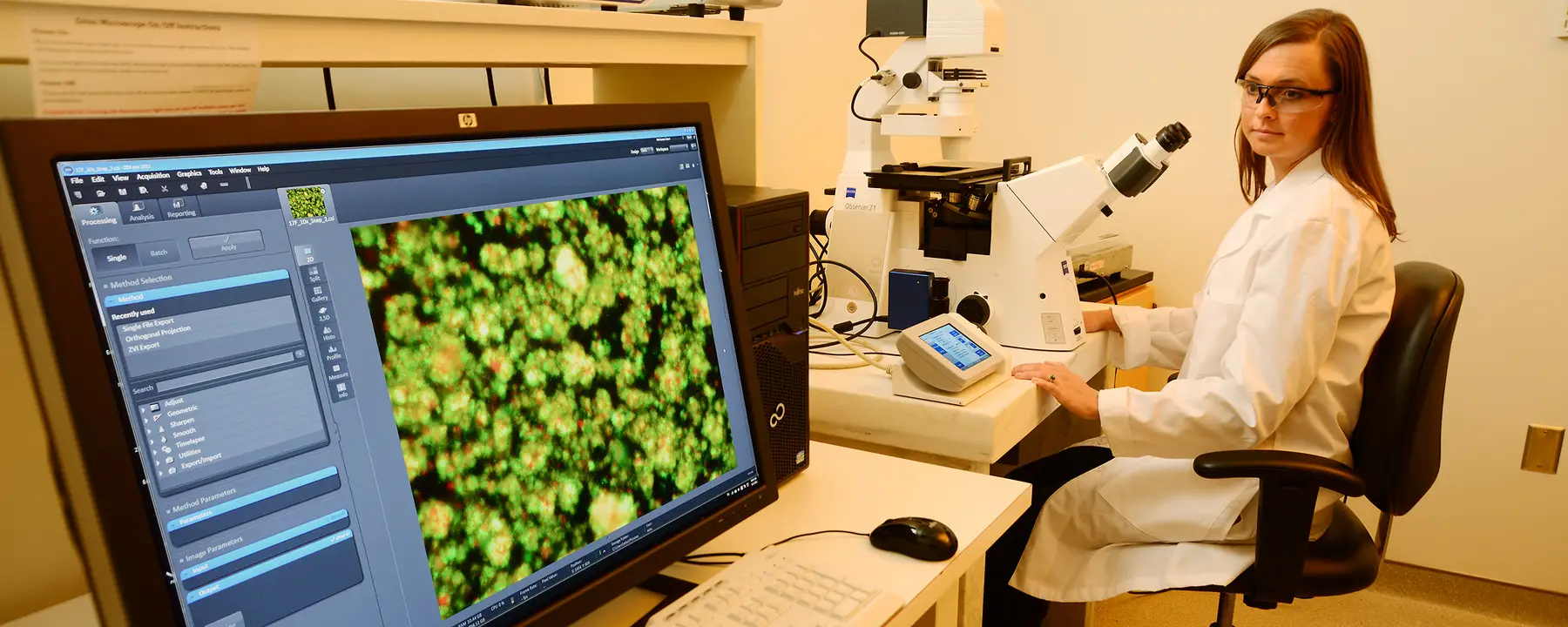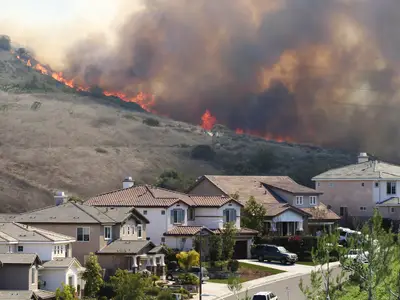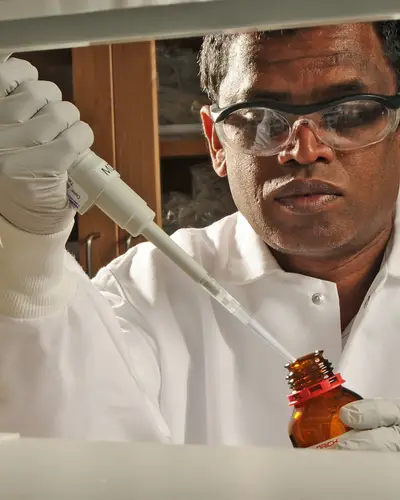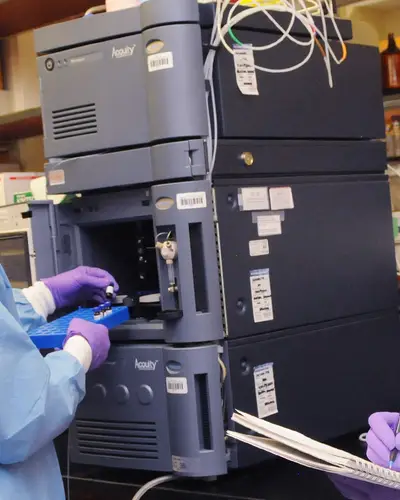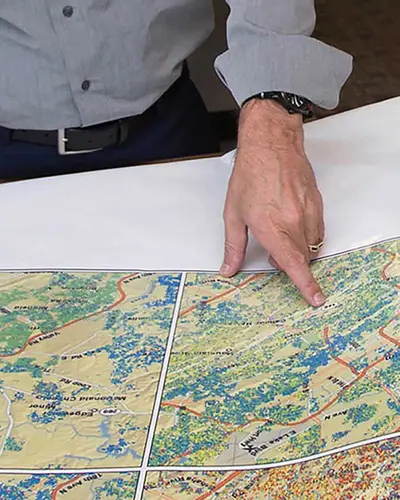Analyzing air pollutants from environment-related and man-made sources to understand health effects and support evidence-based policy
Health is both directly and indirectly impacted by the environmental factors we are exposed to daily, making improvements to air quality a priority. To better understand the impacts on human health, studies and solutions must account for the full scope of types of exposures—ambient air pollutants, stationary source emissions, indoor air quality, and personal exposures to particles, biologics, chemicals. By leveraging novel tools, technologies, and research, we provide more comprehensive assessments and science-based insights for solutions to improve air quality and public health domestically and internationally.
As an independent scientific research institute, we have helped federal clients like the EPA and FDA set standards for air pollution control and tobacco product exposures through data gathering and analysis, performance and cost evaluations of control technologies, public comment processing, and technical assistance in all aspects of regulatory development.
Services Supporting Air Quality Improvement Solutions
- Personal, indoor and outdoor air pollution exposure studies
- Sensor development including Micro Personal Exposure Monitor (MicroPEM), Enhanced Children’s MicroPEM (ECM), and Flexible Aerosol Sensor Technology (FAST)
- Air pollution exposure modeling from individual to population scales
- Evaluation of impacts of electronic cigarettes and vaping
- Greenhouse gas emissions inventories and reductions planning
- Evaluation and development of tools, technologies, and methodologies to enhance information exchange
- Environmental analyses from the local to the regional scale
- Support to offices responsible for implementing and overseeing planning efforts under section 110 of the Clean Air Act
- Integrated air quality measurement networks
- Bioaerosol testing and aerosol testing for protective garments and equipment
Related Projects
Creating Cleaner Cities with Passive Samplers to Monitor Air Quality
Read More about Creating Cleaner Cities with Passive Samplers to Monitor Air Quality
